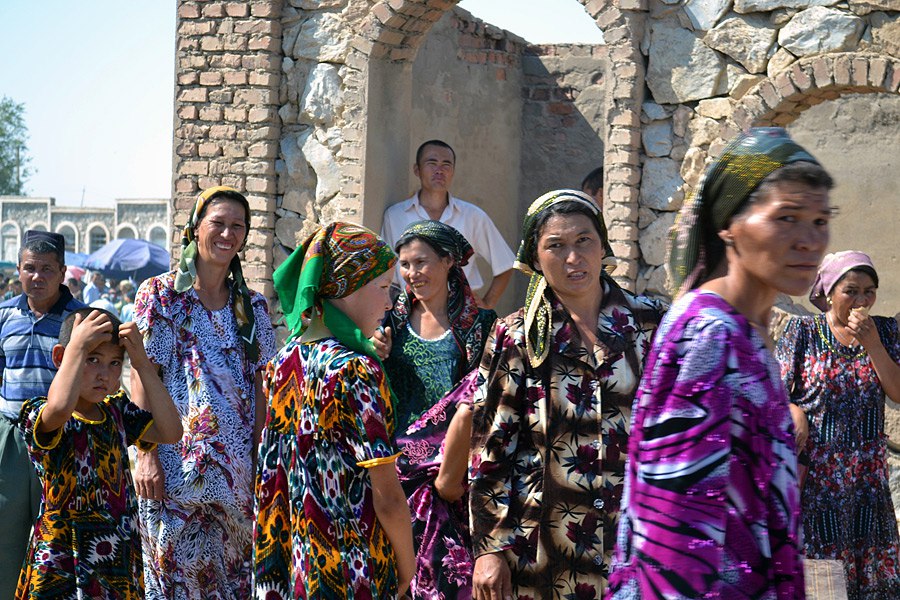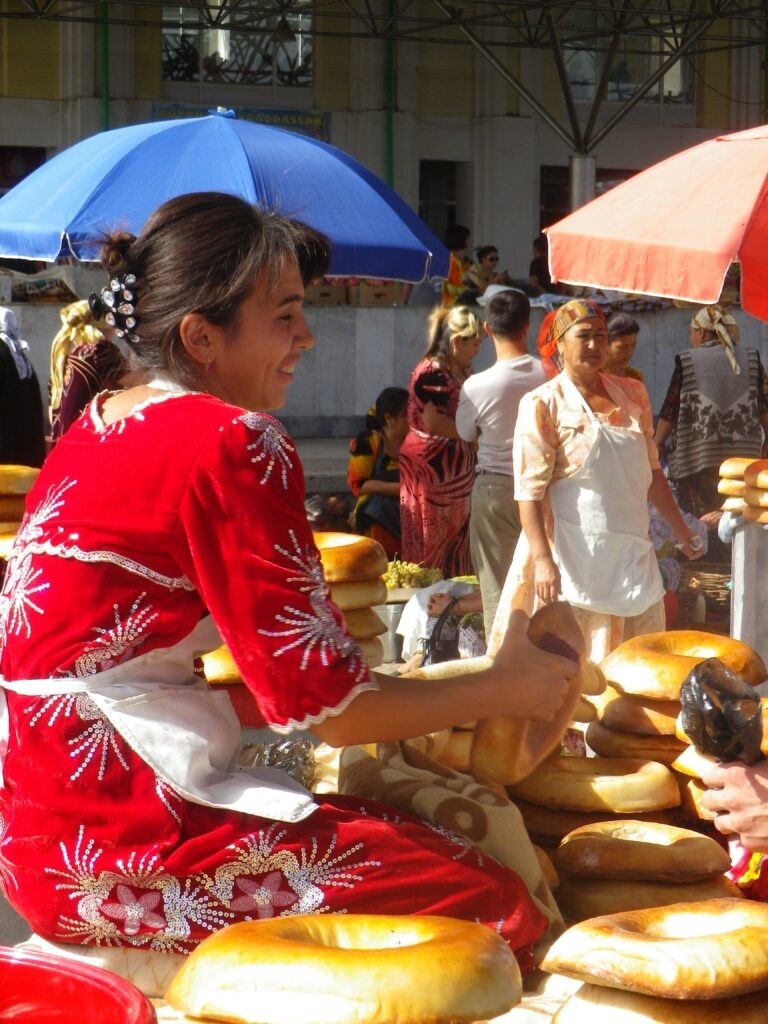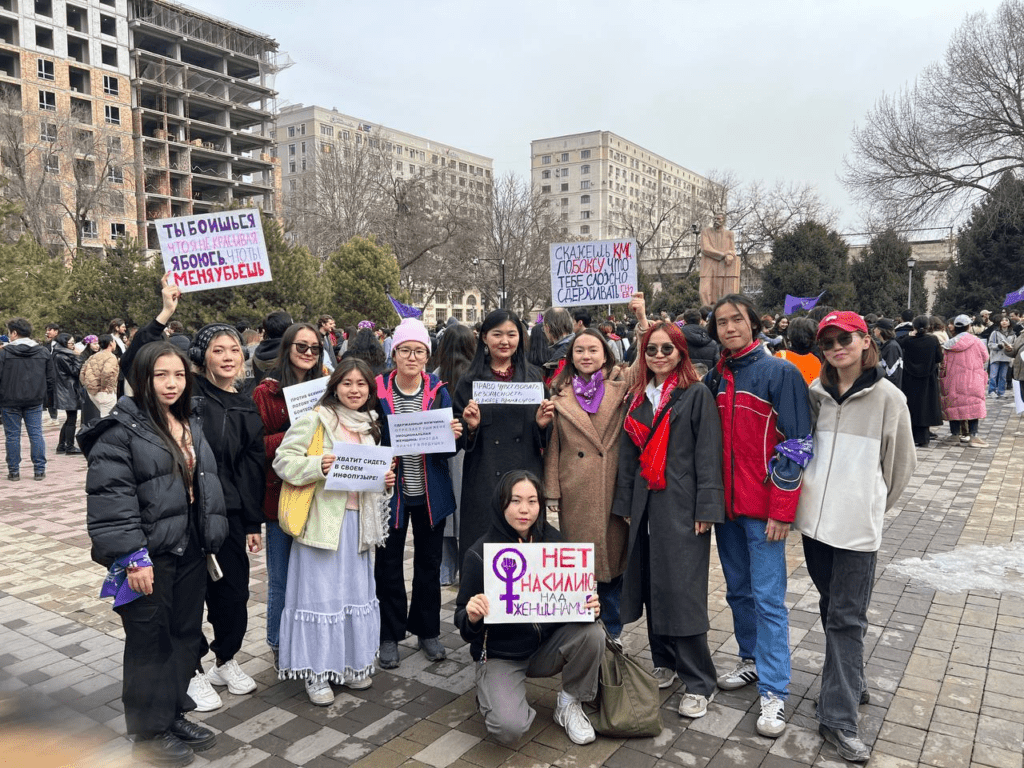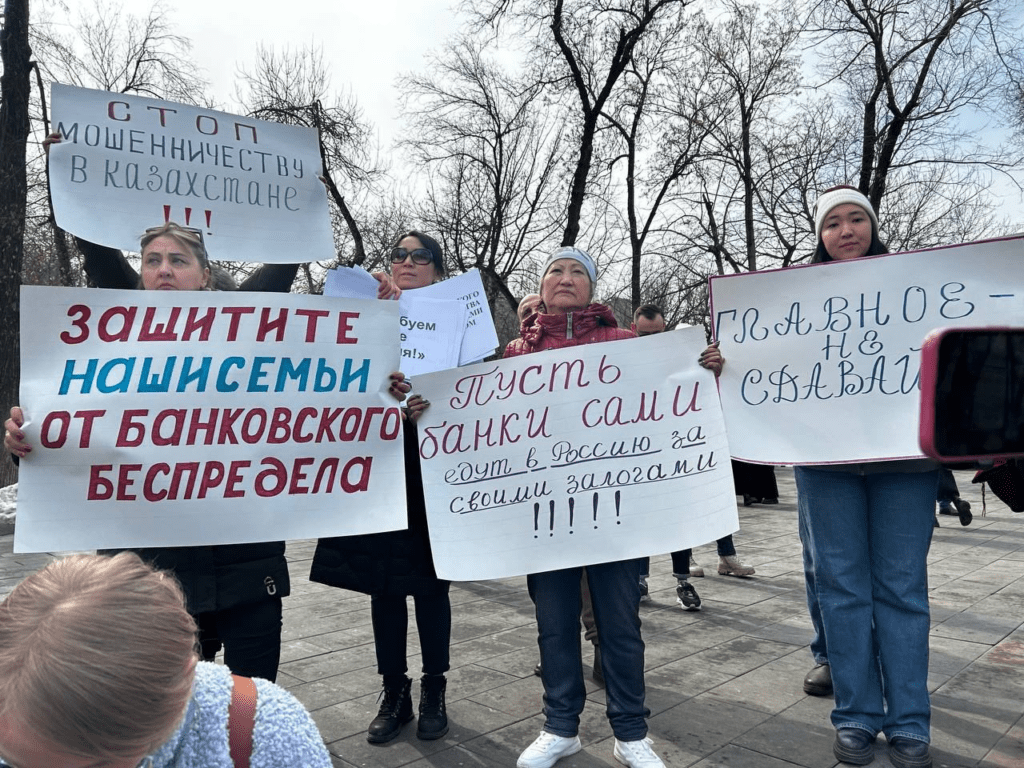Samarkand to Host Asian Women’s Forum Next Month
The Asian Women's Forum will be held in Samarkand this May, where participants will discuss the situation surrounding women's rights in the countries of Central and Southeast Asia. The forum will discuss issues related to expanding women's rights, and reducing poverty in the region by involving women in entrepreneurship. Sessions will pay special attention to the role of parliaments in stimulating women's participation in business, gender-oriented budgeting, elimination of gender disparity, and eradication of all forms of violence against women and children. The participants will also focus on modern approaches and best practices in promoting the green economy, the impact of climate change on gender issues in the region -- as well as protection of women's rights and interests. Women are now a driving force in all aspects of life in Central Asia. Addressing the 78th session of the UN Commission on the Status of Women in New York, Chairwoman of the Senate of the Oliy Majlis (bicameral parliament) of Uzbekistan Tanzila Narbayeva said that "the attitude towards women has fundamentally changed in the country. Much attention is [being] paid to their education, mastering professions and foreign languages -- as well as to the development of women's entrepreneurship." To date, Uzbekistan has adopted more than 40 legal and regulatory acts to improve the status of women in society, established the National Agency for Social Protection, which, among other things, provides targeted assistance to women and works specifically on the social adaptation of women returned from conflict zones in Syria, Iraq and Afghanistan.








